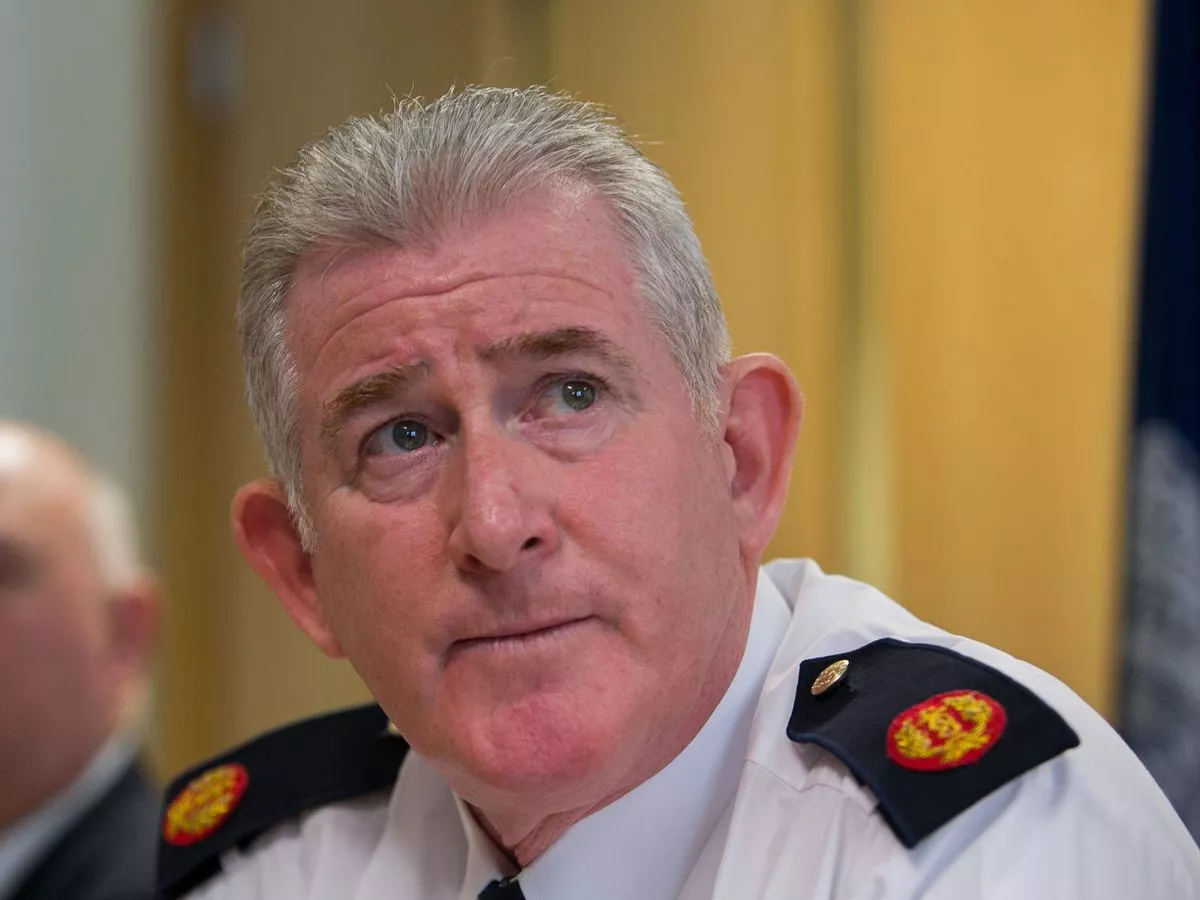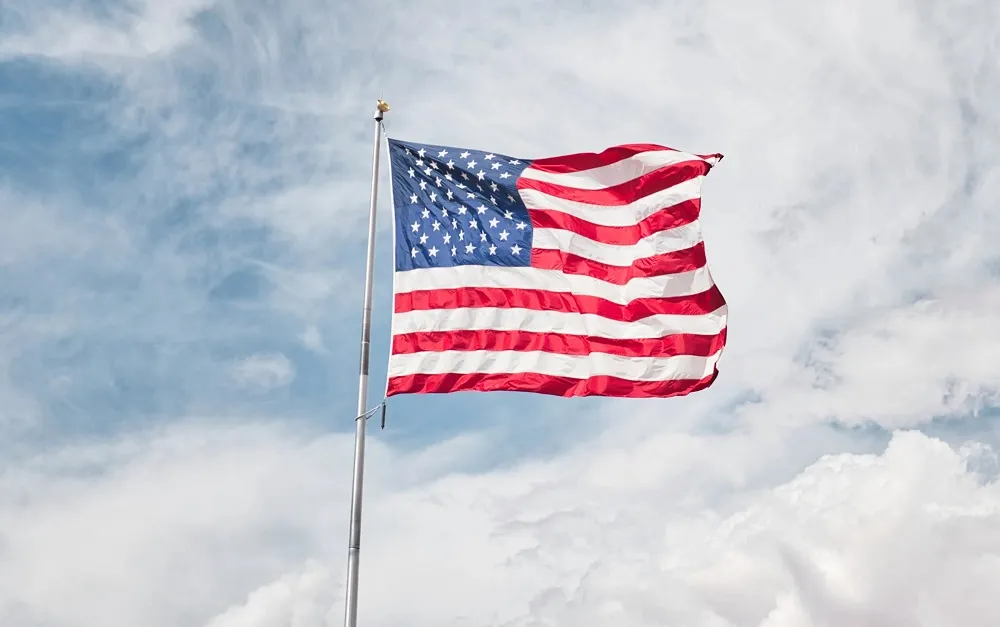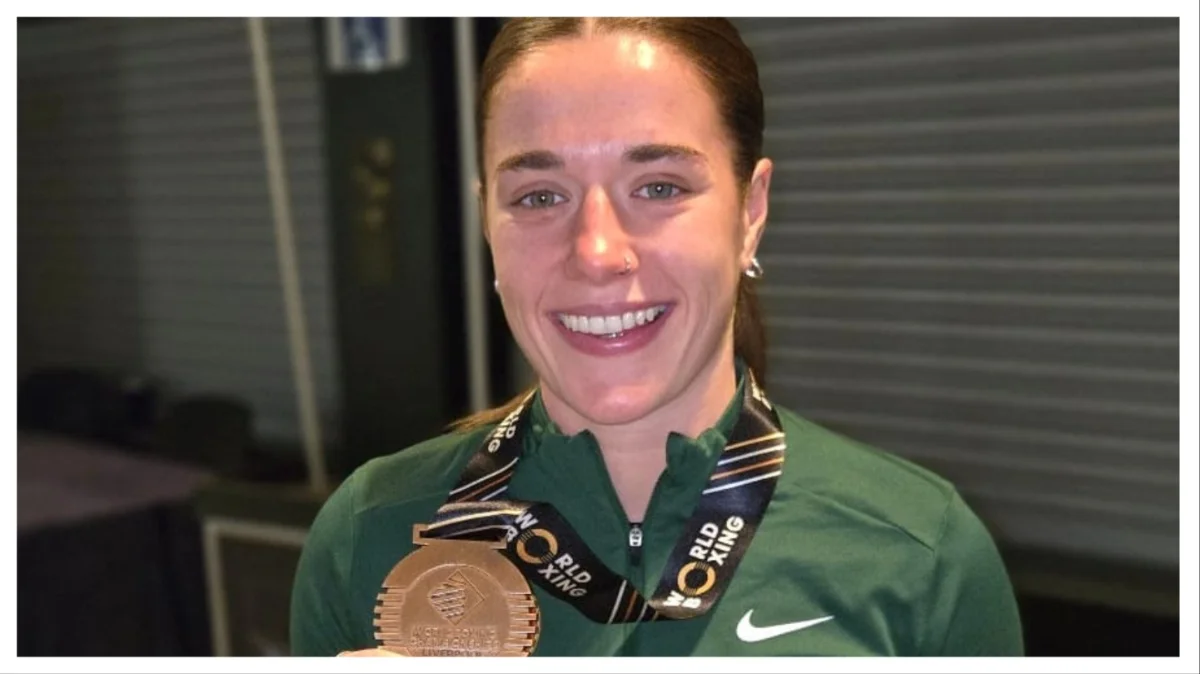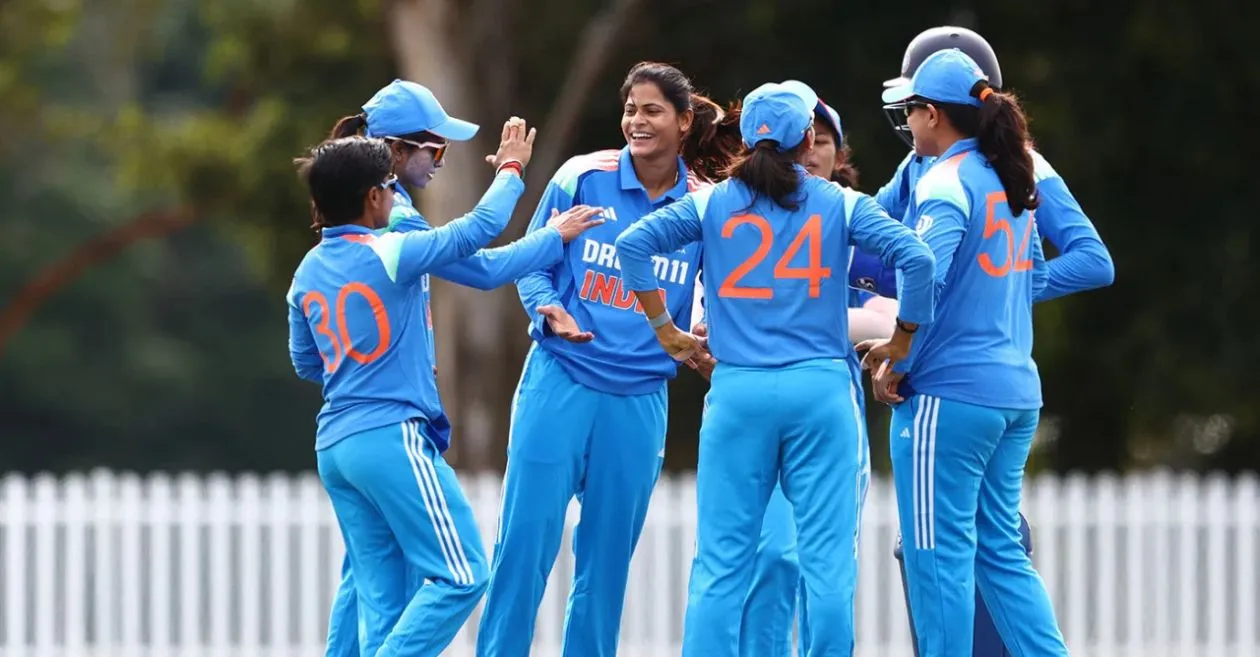Ex-senior Garda says State will only settle for seeing Kinahan cartel leaders charged: ‘The nation was held to ransom’
By Paul Healy
Copyright irishmirror

A former senior Garda says the State won’t settle for anything less than seeing the Kinahan cartel leaders charged. Speaking on a week that marks 10 years since the gangland murder of Gary Hutch – a killing that sparked the bloody Kinahan Hutch feud , former Garda Assistant Commissioner Pat Leahy said it is his “firm belief” that Christy Kinahan and his sons Daniel and Christy Jr will soon be brought to justice. “Yes, I think that they will be brought to justice and I don’t think it’s that far away. I do think that some morning you or some of your colleagues are going to be ringing me saying did you hear they’re after being arrested. I firmly believe it “I think at this stage the Irish State expects it, deserves it, and I don’t think it’ll settle for anything else. Too much water has flown under this bridge. A community and a country has been held to ransom in relation to this and I don’t think the State will settle for anything else,” he said. Mr Leahy, who is now retired from An Garda Siochana, where he for many years served as the Chief Superintendent in Dublin North Central at the height of the feud, spoke to this paper on what is the 10th anniversary of the murder of Gary Hutch in Spain. His comments also come as the Director of Public Prosecutions (DPP) is set to soon give its verdict on a massive file sent to it by An Garda Siochana – recommending charges against the three Kinahan leaders – who are still holed up in Dubai. Gary Hutch’s murder, on the orders of the Kinahan cartel, ignited the feud that went on to terrorise the very community Mr Leahy was charged with protecting – and saw 18 men killed in cold blood. Speaking today, Mr Leahy revealed his reaction and that of other senior gardai when they learned that Gary, who is a nephew of veteran gangland figure Gerry ‘The Monk’ Hutch, had been shot dead by a swimming pool in Spain on September 24, 2015. “I can say when we heard the news that Gary Hutch had been shot, I was the chief in North Central at the time, and our reaction to it was that this was only the start of it. This was not the end game. This was the start of something that we may never have seen before – and we were of the view almost immediately.” However the top Garda says officers were nonetheless taken aback at the scale of what occurred next – with the attempt on Gerry Hutch in Lanzarote – and then the unprecedented Regency Hotel shooting in February 2016. “But I think everybody then was taken by surprise with the Regency, because that was so audacious. It was such an attack on democracy. We had never seen that before, that kind of a response, and I think everybody was reeling from that when Eddie Hutch was then killed almost immediately, within days. We knew our prediction was right at that stage, that Gary Hutch was just the start of it.” Gary Hutch (34), a son of Patsy Hutch, is believed to have been killed by gunman James Quinn on the orders of mob boss Daniel Kinahan – despite a peace deal being brokered between the pair months prior. Investigators believe Gary Hutch, a then key member of the Kinahan cartel, had fallen foul of the gang’s leader, and wanted him dead. He is believed to have facilitated a failed attempt on Kinahan’s life which resulted in the wrong man – innocent boxer Jamie Moore, being shot and injured in August 2014. Despite coming to a financial arrangement afterwards, Kinahan had Gary Hutch murdered – a killing that then sparked the bloody feud that spilled out onto the streets of Dublin. Speaking today, former Assistant Commissioner Mr Leahy says he wasn’t aware of the target on Hutch’s back at the time – and that things had been very quiet up until everything changed on September 24, 2015. “It hadn’t been raised as a major issue for us. And look, that wouldn’t be unusual, because if it was intelligence and it was soft intelligence, where they couldn’t back it up or something, so they wouldn’t be spreading it everywhere anyway. But, I mean, I suppose nobody really expected this to happen, and it was only afterwards that a lot of the details around what had happened between himself (Gary Hutch) and Daniel Kinahan emerged. “In actual fact things were quiet enough from that perspective. I mean look just to show the change that had taken place, we had only just won best in community policing in Europe. At that time we were only just taking the bows for that and all of a sudden we were at war. “We had the ERU on the streets, we had the armed response on the streets doing checkpoints to keep the community safe and this was contrary to everything we had been building up to when we were putting our community structures in place. So it was a complete reversal of fortune.” Asked if gardai were not prepared for the scale of the war immediately following Gary’s murder in Spain, Mr Leahy admitted they weren’t – and it was only after the Hutch mob struck back in killing Kinahan cartel associate David Byrne at the Regency Hotel, that the policing response significantly escalated. “No you’re right that wasn’t the case. I can remember talking to our senior officers at the time and some of the more mature of them would have known both sides for generations. I can remember our conversation was, this won’t be the end of it. They won’t let this go. (But) there was nothing to indicate what was coming next. Everybody had been used to the killings in the drug trafficking business as such, but nothing on the scale of what was to come. The experienced investigator says despite the fact that no major players have ever been caught for the Regency shooting – most believe that people very close to the late Gary Hutch got their hands dirty and were directly involved in the incident itself. “Well, I think that’s everyone’s belief at this stage. And I mean, despite the fact that there were trials, you’re right, nothing has arisen from a prosecution perspective in relation to that. “But I think everybody believes that it was the Hutch’s response to Gary’s killing, and I mean, it certainly prompted the response that came, and subsequently we had 18 murders associated with this feud,” he said. But he says the feud was far more complicated than just two sides at war – it was one Kinahan gang that was falling apart – with people coming down on both sides. “This was one group imploding. They were reared with each other and knew each other intimately. They had worked with each other like, you know, this was an integrated outfit, and this was it imploding,” he said. Asked about the fact that the feud has since simmered down, and many of the key players are now in jail or on the run, Mr Leahy said it’s still possible it could all ignite again. “Well, I think a lot of the people, a lot of the actors involved have been neutralized. To a large extent. There’s lots of people serving significant jail sentences as a consequence of this. A lot of the murders have been fully investigated, and the perpetrators, prosecutors, a lot of people doing life in prison,” he said. “For that reason they wouldn’t have the same response as they got when this started. So a lot of the key players that they would rely on are no longer available to them. That doesn’t mean that it’s over. You have to remember that this was so personal to people, because these were friends killing friends. These were families who knew each other intimately. This created a situation, particularly in the north inner city, where people were afraid – neighbours were afraid to talk to each other, because it would be seen as aligning themselves with one side or the other. “So it created significant fear and distrust in the north inner city, which originally would have been quite a tight community. So it was terrible to watch.” The feud ignited so much fear in the community Mr Leahy served that he had to order checkpoints to be placed outside of schools in order to keep people safe. “It was terrible to see heavily armed police doing checkpoints like it all as kids were, you know, on their way to school and home from school in an environment that we were trying to transform by a community policing program that had been really, really effective,” he said. “So we had meetings with the principals at the schools and some of the teachers, and we were trying to explain to them, ‘Look, unfortunately, they’re looking for key people to kill in here, and some of them are dropping their kids here and its the only routine that is solid. “ So there were certain times where we had to be out there.We agreed to move some of the checkpoints kind of further back from the school. So we worked outside the front of the school, but we did our best to accommodate the principals and the teachers,” he explained. Mr Leahy explained that he would not at the time have been privy to all of the intelligence that later emerged showing that Gary Hutch’s actions led to the dispute that saw him killed. He says now that his “rash” actions in trying to take down Kinahan certainly sparked the beginning of the feud. “Those attempts to kill Daniel Kinahan are well documented now and you can’t discount it. The actions did all appear to be very rash at the time and I suppose people should have known there would be consequences,” he said. “You would have to say it was part of the catalyst for all of this.” Speaking of the future and his hopes that the Kinahan cartel leadership will finally be brought to justice, Mr Leahy cited the efforts of the late Assistant Commissioner John O’Driscoll – who paved the way for an extradition treaty with the United Arab Emirates. “I think what has happened in between on the international side is quite significant and I think John O’Driscoll and his team did great work on that and I think they created a platform that will never be dismantled. It’s only going to be enhanced more and more on an international scale. “I think John helped to create that and I think we will see the fruits from it,” he said. Subscribe to our newsletter for the latest news from the Irish Mirror direct to your inbox: Sign up here.



